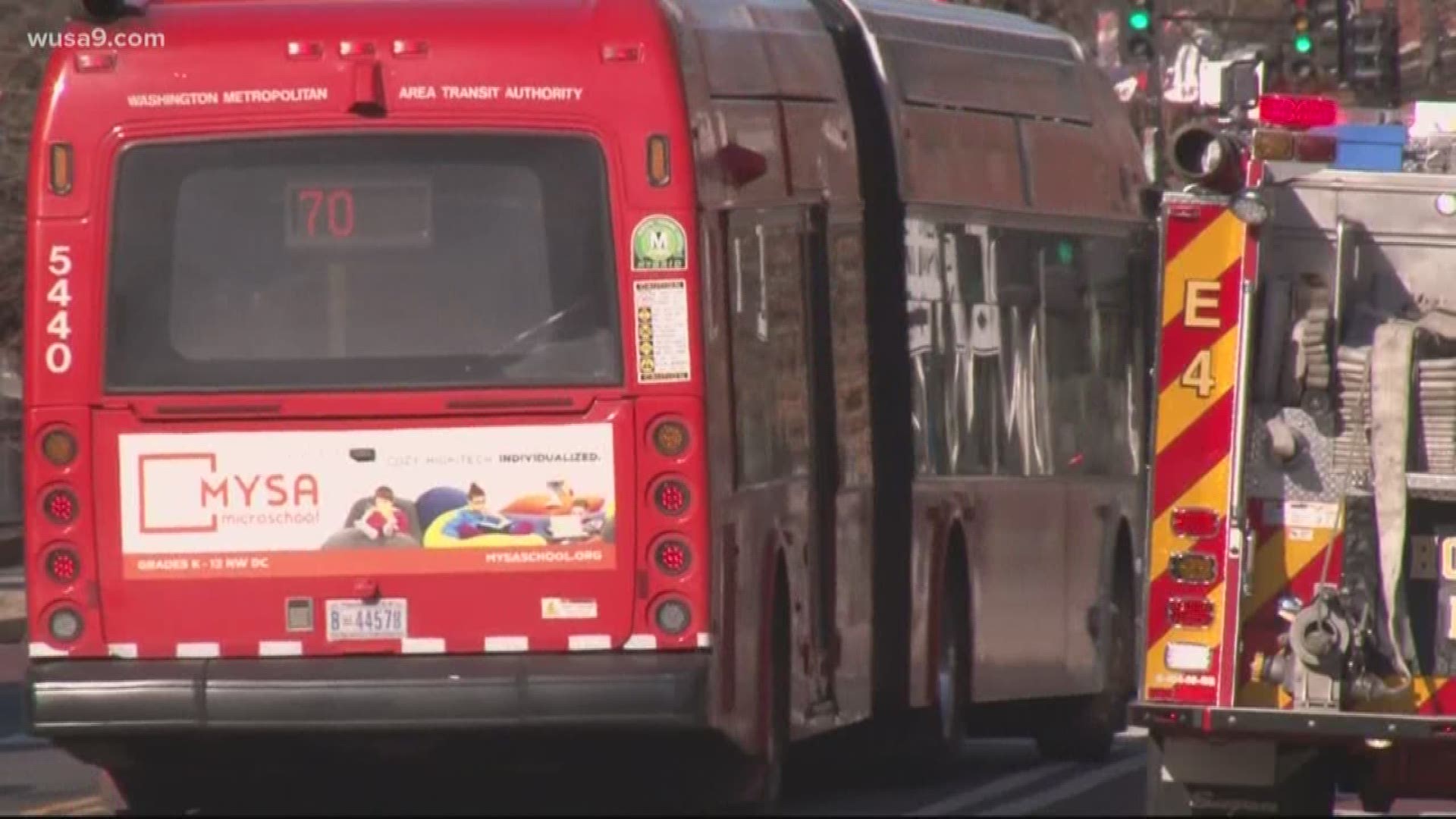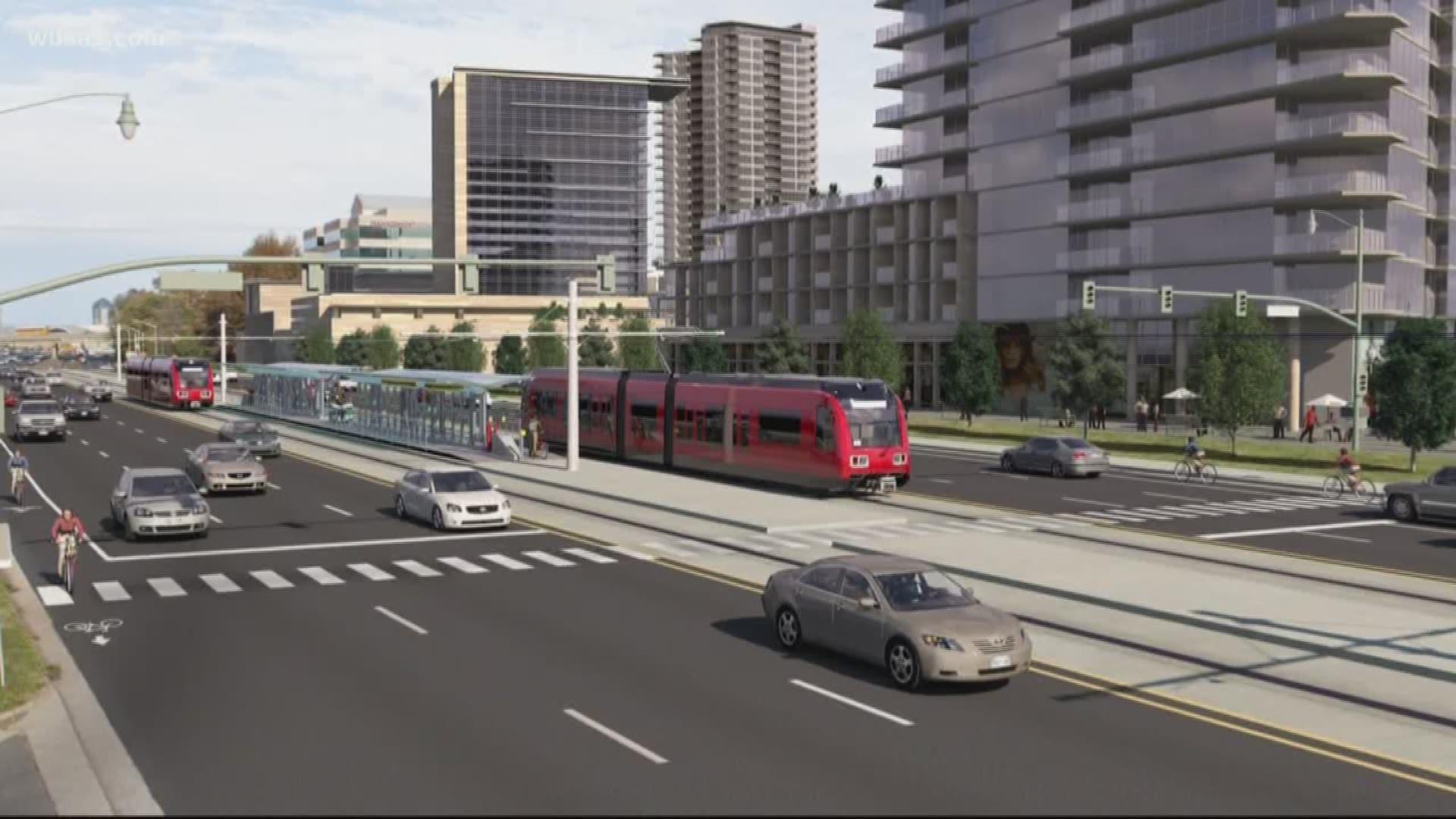WASHINGTON — Metro has proposed cutting 22 under-performing bus routes as part of its new annual budget. But the data the transit agency is using is flawed, Fairfax County Supervisor James Walkinshaw said.
The Braddock District which Walkinshaw represents includes the 3A and 29W bus routes, Northern Virginia routes both proposed for elimination by Metro. Documents presented to WMATA’s board cite low ridership on both routes.
"My concern here is that Metro is making decisions, at least on the 29W, based on information that is inaccurate," Walkinshaw said to a meeting of the county’s transportation committee on Tuesday.
Walkinshaw said Metro data showing 229 average daily riders is not correct since riders have told him fare boxes are often covered.
"It is oftentimes covered up with a blanket," Walkinshaw said. "They’re riding for free which is good, but the bad news is Metro is not getting accurate information in terms of how many people are riding."
Metro has underscored no lines are being cut yet and that any changes would have to face public hearings before final approval of the agency’s board of directors.
In a statement, Metro stressed it utilizes automatic passenger counters on all buses, which count riders independently of farebox data.
"This method provides an accurate representation of true ridership because it does not rely on customers interacting with the farebox," said a Metro spokesperson, underscoring that the system uses infrared sensors at the doors to accurately track boardings and alightings throughout the trip, including fare evaders and those who are unable to use the farebox during a malfunction.
At Metro's public board meeting last month, Northwest D.C. riders urged Metro to not cut D1, D2, or D4 routes or combine 30N and 30S routes, calling into question Metro's methods.
"We have to ask, do you know that we exist and we are dependent on these buses?" Sydney Forrester Wilson, senior class president at the nearby Duke Ellington School for the Arts said.
The information regarding the proposed bus changes was released in December, Metro underscored in a statement. "Most of the changes proposed include restructuring of routes to improve efficiencies and eliminating redundancies in areas served by multiple bus lines, part of a handful of routes under consideration to be discontinued," said a Metro spokesperson.


